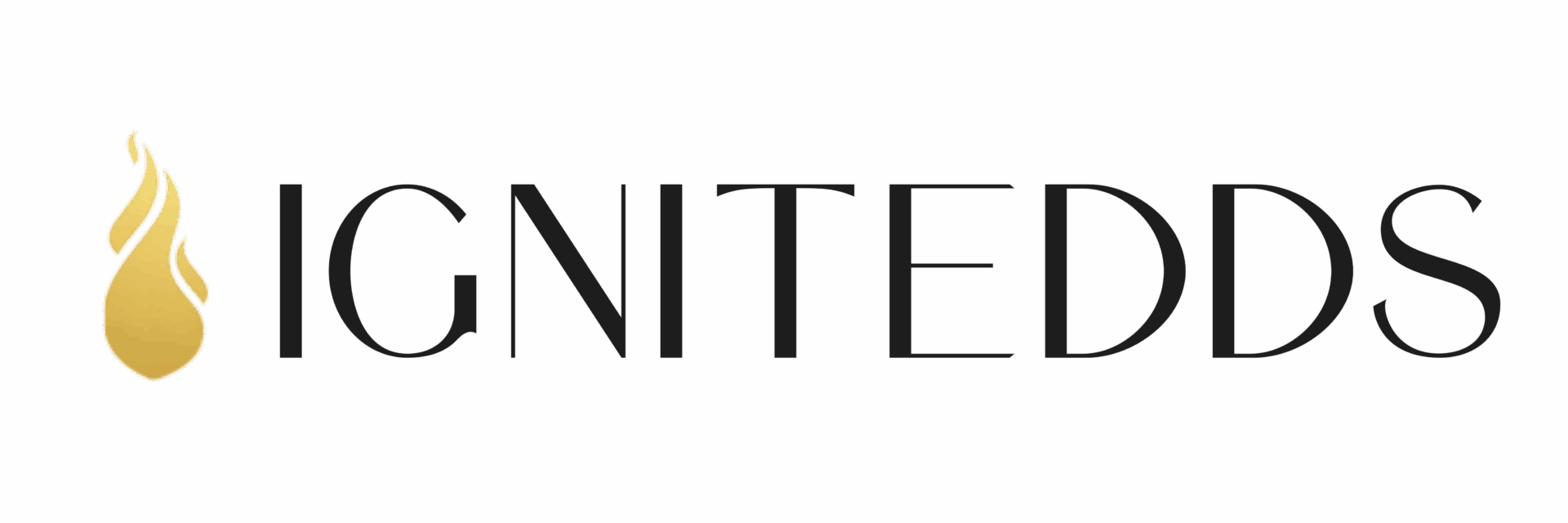By: Mary Osborne, RDH
This topic originally appeared on PankeyGram.Org. Dr. Osborne granted permission for igniteDDS to share with our readers.
Take Your Time For Detailed Medical History
The earliest but yet the most powerful tool toward accurate diagnosis is detailed patient’s medical history.
But to get the desired information that we need from patients for diagnosing them we need to earn their trust. Only when they trust us, they can freely tell us about all their health problems, that can eventually affect the successful treatment of any oral disease and visa versa.
With a dental degree you have the right to practice dentistry, but you have to earn the right to influence your patients by gaining their trust. You can only do that through a powerful tool you already have in your practice that can enhance your relationships from the initial visit through continuing care – a Health History.
The Medical History forms most offices use are designed to efficiently gather information from patients about existing and previous conditions and diseases. Patients quickly check boxes. But it can do so much more. If you use health histories as opportunities to begin a dialogue with your patients you can also connect with them in the context of a mutually interesting topic — their health!
Oral Health Is Linked With The Wellbeing Of Overall Health
I might begin a conversation with a new patient by saying:
“In this practice we believe that the health of your teeth is related to your overall health. I know you filled out this health history form and we can talk about the specifics of that, but I wonder if we could begin by taking a few minutes for you to tell me a little bit about your health in general.”
Beginning with a conversation in that way it takes us out of focus on disease and opens the door to talking about health; what they know about their health, how they feel about it, and what they do to maintain health. Similarly, when a patient comes in for a hygiene visit instead of asking if there are any changes in their medical history, I might ask,
“How has your health been since I saw you last?”
If we listen carefully to their stories about health, we will gather important clinical data, and we will also begin to understand their values. We will begin to co-discover what is important to them.
The Opportunity For Patients To Co-Discover Their Condition With Us
The concept of co-discovery is frequently seen as having to do with helping the patient see current clinical conditions that we see. In that way, it’s a very useful tool. But I’d like you to begin to also think about co-discovery as a way of being in relationship with your patients.
When you take a few minutes to have a dialogue about health you learn about your patients, as they learn about themselves. It is an opportunity for you to learn about their experiences, concerns, and perceived barriers to health—and it’s also an opportunity for patients to learn about themselves.
“When you listen generously to people they can hear truth in themselves, often for the first time.” – Dr. Rachel Naomi Remen
If you’ve had a conversation like this you know the magic that occurs as a patient realizes things about themselves, they’ve never thought of before. As they speak out loud they hear themselves for the first time. I have found that if I show up as an understanding fellow traveler with a desire to learn, it opens the door for them to begin to see me as a trusted advisor.
Looking to learn more about the process of co-discovery through hands-on training? Visit us at The Pankey Institute for a triad of effective patient communication, treatment planning and balanced occlusion to treat all oral diseases when patients seek help from you. Don’t miss this excellent opportunity to increase your confidence and competence in applying your skills!

